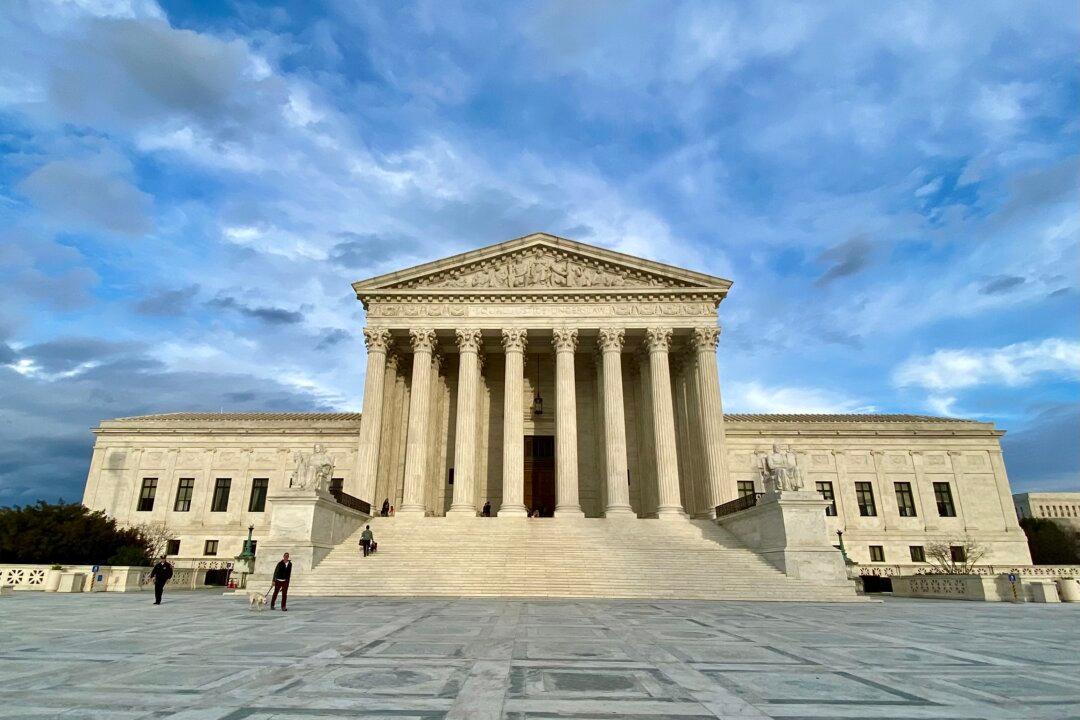The Supreme Court will soon consider whether a city’s sponsorship of a prayer vigil that offended atheists who witnessed it violates the First Amendment.
The case comes as the high court has become increasingly protective in recent years of constitutionally based religious freedoms.





